
On the Way to the Sea(2010)
On May 12, 2008 , the biggest earthquake in Chinese history occurred in the film maker's hometown of Wenchuan. According to official polls, 69,159 were killed, 374,141 were seriously injured and 17,469 are still considered to be missing. The film maker's parents, central character in the film, are survivors. In a surreal hybrid of documentary footage, experimental abstraction and fictional elements, "On the Way to the Sea" studies the human fragility and spiritual homelessness generated by such disasters.
Movie: On the Way to the Sea
Video Trailer On the Way to the Sea
Similar Movies
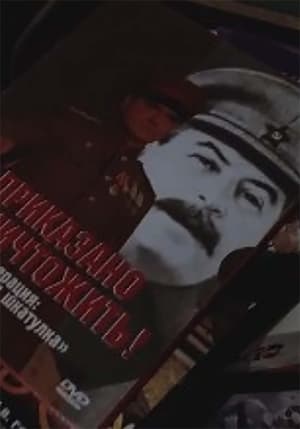 0.0
0.0We Sit In Silence At The Memorial Table(en)
A silent film by Vietnamese director Truong Minh Quy in collaboration with Belgian director Nicolas Graux, was shot on the set of a film by Graux. We Sit in Silence at the Memorial Table is inspired by Educational Objectives, a poem written by Aleksey Garipov and translated to English by Nicolas Graux.
 7.6
7.6Twenty Two(zh)
Follow the lives of the elderly survivors who were forced into sex slavery as “Comfort Women” by the Japanese during World War II. At the time of filming, only 22 of these women were still alive to tell their story. Through their own personal histories and perspectives, they tell a tale that should never be forgotten to generations unaware of the brutalization that occurred.
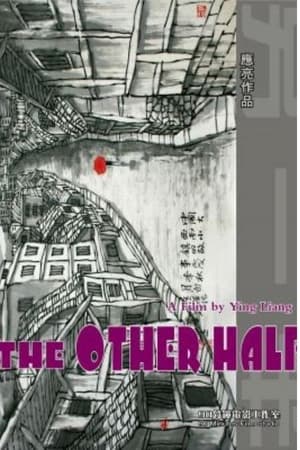 5.8
5.8The Other Half(zh)
Working as a secretary for a legal office, Xiaofen records clients detailing the sordid aspects of their lives: divorce cases, medical malpractice suits, financial corruption and old-fashioned personal revenge. Xiaofen starts to question her own relationship with her boyfriend (Deng Gang), fresh out of prison and looking to get into trouble again with his gambling habit. While Xiaofen deals with the overwhelming social malaise surrounding her, rumors spread of a disaster at the local chemical plant, threatening to poison the entire city.
 0.0
0.0First Vote(en)
A soon-to-be first-time voter, the filmmaker’s thought-provoking journey into the Rust Belt and South captures four Asian American voters’ ardent first time grassroots political participation ignited by the 2016 rise of “Chinese Americans for Trump.” FIRST VOTE is a character driven cinema verité style film chronicling the democratic participation of four Asian American voters from 2016 through the 2018 midterm elections.
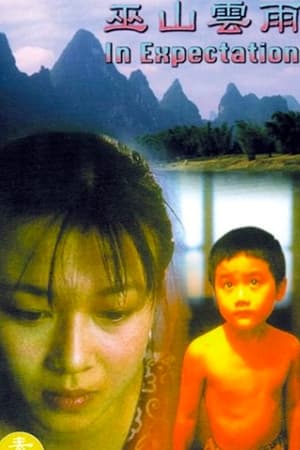 5.4
5.4Rainclouds Over Wushan(zh)
A policeman investigates an introverted signal-station manager suspected of raping a hotel clerk.
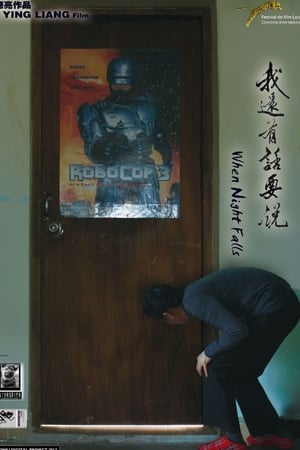 5.0
5.0When Night Falls(zh)
The mother of a murderer awaits and prepares to meet her son. The true story of a man who killed six Shanghai policemen after suffering police beatings as a punishment for riding an unlicensed bicycle. This film was produced as a part of the Jeonju Digital Project.
 8.0
8.0Heidi in China(en)
In 1946, Heidi is entrusted to a Swiss family by her father. He will never come back for her. Today, François Yang questions his mother about her past. What follows is a journey to China, a quest to reconstruct memory. Through contact with her brothers and sister, Heidi measures the extent of the drama experienced by her family that remained in China, persecuted by the Communist Party.
 5.8
5.8A Dog Barking at the Moon(zh)
Coming back to her broken family, pregnant writer Huang Xiaoyu and her French husband, Benjamin, finds herself trapped between her cult brainwashed mother, Li Jiumei, and her secretly homosexual father, Huang Tao.
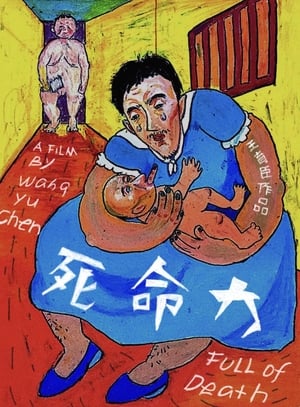 0.0
0.0Full of Death(zh)
A desperate man, who is down and out, says that a group of people following him is trying to give the sleepy city a shot in the arm by planting a flower of idealism out of the ruins. And with the purpose of "if there's no enough vitality, use desperate strength to gather together", they begin to look for service/preaching targets. At the same time, there's an elder sister who has locked her younger brother in the home for a long time, the younger brother got the chance to the outside world accidentally however.
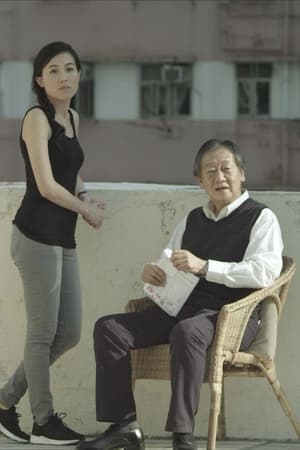 6.0
6.0A Sunny Day(cn)
Hong Kong, at the height of the protests. A young woman visits her father, whom she has not seen for a while. Her plan is to have lunch with him before the Umbrella Movement reaches a critical juncture. Celebrated, committed filmmaker Ying Liang contributed with a beautiful moving short with an special angle asking: Where do we live, and what is citizenship?
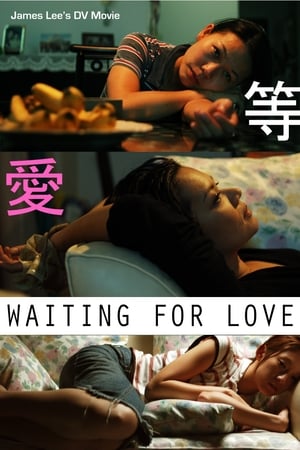 7.0
7.0Waiting for Love(zh)
Three scenes about three couples with each portraying maybe the turning point of their relationship. First scene, Lim & Amelia are a couple who had been together for almost five years. While he works as a salesman and trying to save up for marriage, the girl are not sure if he’s the one she wants to marry. One day he confronts her about a letter from her admirer. Second scene, Pete & Bernice are a couple who had been together almost ten years. They’re not married because he doesn’t believe in marriage. While she tags along, one day she might realizes this may not be the man she wants to end up with. Third scene, we see Amy & Lai are a pair of secret lovers. This maybe their last meeting or maybe not. They may had loved each other in the past they may not now in this scene. This is the third and final part of James Lee's Love Trilogy which takes offers a glimpse of the life of three lovers.
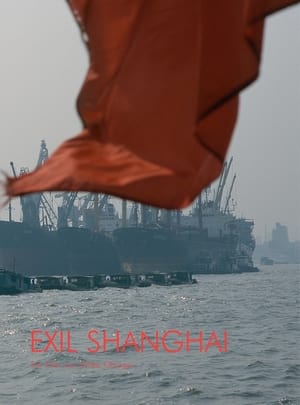 0.0
0.0Exile Shanghai(de)
Six life stories of German, Austrian and Russian Jews which intersect in exile in Shanghai. Out of narratives, photographs, documents and new images of the biggest and most contradictory metropolis of the Far East an entity develops in which the historic exile takes and turns on a completely current power and appeal.
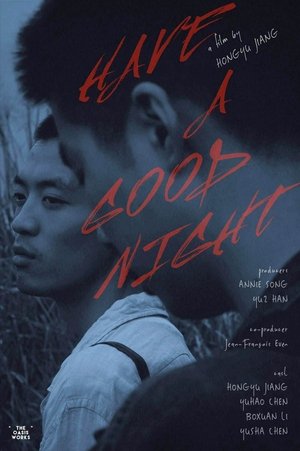 6.5
6.5Have a Good Night(zh)
Xuan is a young man working in the film industry in Beijing. To make a documentary film that he wants to present at international festivals, he decides to take advantage of the holidays of the Day of the Dead to return to Chengdu, his hometown located at the other end of the country. The documentary he is about to make is about his relationship with his own lover. He leaves for Chengdu, accompanied by another man, Bo, the cameraman of the film. The two men take the train to Chengdu where Hong, Xuan's lover, is waiting for them. From the first moment of their arrival at the station, Xuan and Bo begin to turn with their camera, Xuan having already explained to Bo what he wanted to film and that Hong would always be "playing", Bo then trusting in Xuan. But Hong is more and more opposed to this camera and the presence of Bo.
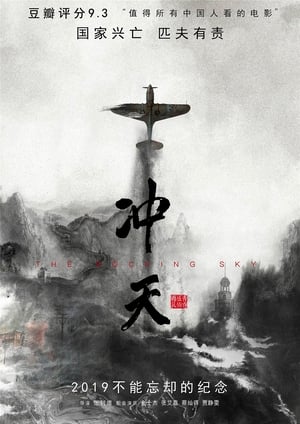 9.0
9.0The Rocking Sky(zh)
To commemorate the 70th anniversary of the victory of WWII, this documentary film describes the eight years of dauntless air-force fighting of the republic of China during the Anti-Japanese War, with only 300 combat-capable aircraft from China while Japan had over 2000.
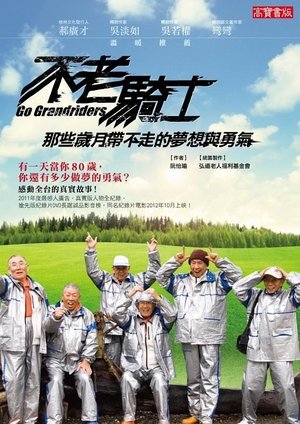 7.3
7.3Go Grandriders(zh)
17 riders with avarage age 81 decide to follow the dream of their youth and start their journey to ride around Taiwan island.
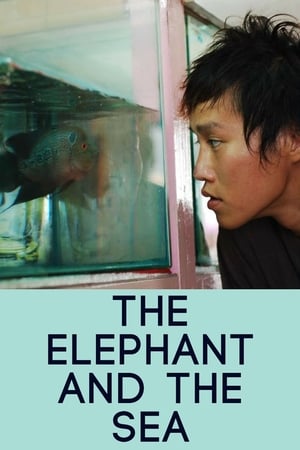 5.7
5.7The Elephant and the Sea(zh)
Two men -- one elderly, one in his twenties -- are touched by tragedies linked to a single source in this drama from Malaysian filmmaker Woo Ming Jin.
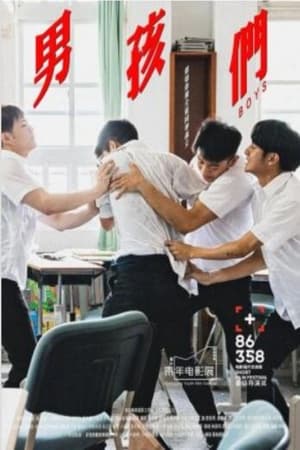 5.0
5.0Boys(zh)
Due to his history of theft in the past, Lin Kuan is falsely accused of stealing from his high school classmate. To prove his innocence, Lin enlists his friend Xiao Bing to make a plan that will clear his name. However, heir seemingly perfect plan takes a turn that pushes Lin to a dangerous edge.
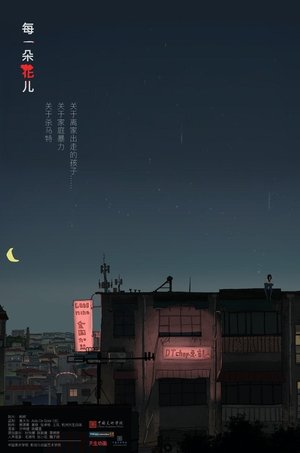 10.0
10.0Every Flower(zh)
Her, not only her, they are all the only children in the family, Typical underachiever, they often escape away from their broken family r ,Humbling every day with others young people like her in Internet cafes . when she finally plans to go home, she only to find that her family had moved away… ….She became one of them.
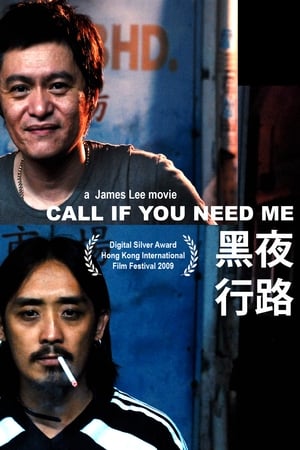 10.0
10.0Call If You Need Me(zh)
Gentle, easy-going Or Kia moves from the countryside to Kuala Lumpur to work for his cousin and best friend Ah Soon, a mid-level gangster and enforcer. While Or Kia works hard to put a sister through school, Ah Soon cares for an unstable girlfriend prone to mysterious disappearances. As they both sink deeper into a nocturnal world of debts, drugs, and betrayal, Or Kia's loyalties are strained when Ah Soon falls out of favor with the bosses and tries to escape the business.
 0.0
0.0Learn to Reform(zh)
Over the past 20 years, there has been too much comment on the merits of education reform. This film visits education reform advocates, administrators, critics, as well as teachers, students, and parents, trying to review the historical significance of education reform, and analyze the difficulties faced by education reform and the underlying factors behind it. In terms of form, humorous talk shows are used to emphasize lightness; in terms of structure, elementary school classrooms are used as a guide, so as to help students solve the problems, and go deep into the core of education reform and Taiwan's social and cultural reform.

